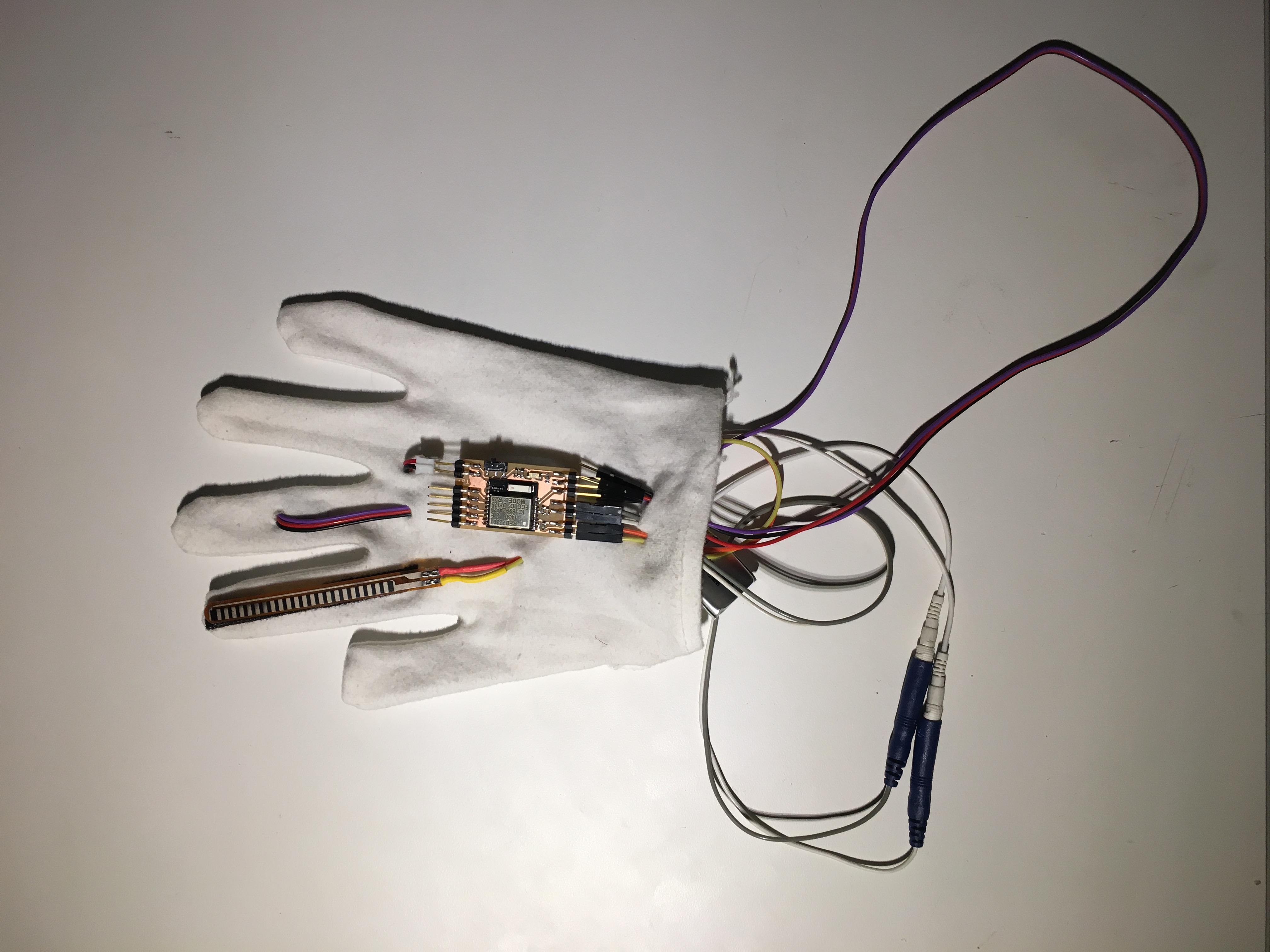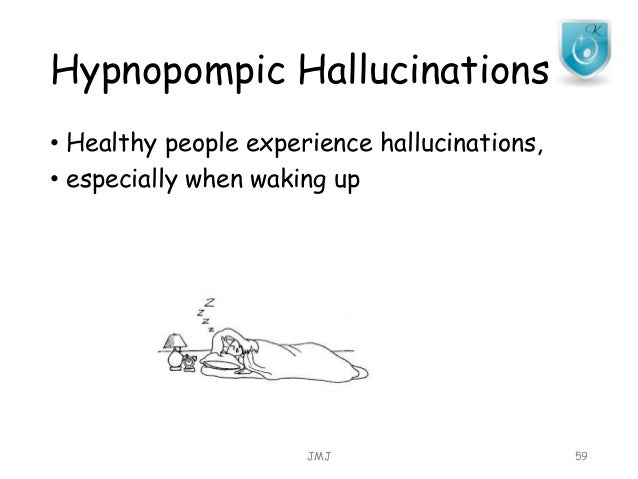

In many cases, medications can control chronic hallucinations caused by schizophrenia or some other mental illness. Hallucinations associated to normal sleeping and waking are not a cause for concern.Ī psychologist or psychiatrist should treat hallucinations that are symptomatic of a mental illness such as schizophrenia.Īntipsychotic medication such as thioridazine (Mellaril), chlorpromazine (Thorazine), clozapine (Clozaril), haloperidol (Haldol), or risperidone (Risperdal) may be prescribed. Depending on the disorder, treatment may involve anticonvulsant, antidepressant medications, or antipsychotic brain or ear surgery psychotherapy or therapy for drug dependence. With regard to the underlying disorder the hallucinations are treated. People who are hallucinating may become nervous, paranoid, and frightened and should not be left alone. Hypnagogic Hallucinations TreatmentsĪ quick medical evaluation should be sought, if someone starts to hallucinate and is disconnected from reality because many medical conditions that can cause hallucinations may quickly become emergencies. Up to 75% of schizophrenic patients admitted for treatment report hallucinations. Lesions or injuries to the brain may change brain function and produce hallucinations. In addition, drug withdrawal may persuade tactile and visual hallucinations, as in an alcoholic suffering from delirium tremens (DTs). Certain prescription medications may also cause hallucinations. Other drugs such as marijuana and PCP have hallucinatory effects. Hallucinogenics such as LSD (lysergic acid diethylamide, or acid), psilocybin (4-phosphoryloxy-N, N-dimethyltryptamine, or mushrooms), ecstasy (3,4-methylenedioxymethamphetamine, or MDMA), and mescaline (3,4,5-trimethoxyphenethylamine, or peyote) trigger hallucinations. Also, auras involving smell and touch (tactile) are known to warn of the onset of an epileptic attack. Electrical Or Neurochemical Activity In The BrainĪ hallucinatory sensation, usually involving touch called an aura, often appears before, and gives warning of, a migraine. This condition is commonly found in blind and deaf individuals.

When the brain lacks external stimulation to form perceptions, it may compensate by referencing the memory and form hallucinatory perceptions. Prolonged or extreme stress can impede thought processes and trigger hallucinations. Physical and emotional tiredness can induce hallucinations by blurring the line between sleep and wakefulness. Some of the common causes include the following: Sleep Deprivation And/Or Exhaustion There are several medical and psychiatric causes of hypnagogic hallucinations. Sleep deprivation, medications, and irregular sleep schedules, all can predispose to happenings of this phenomenon. Hypnagogic hallucinations are a feature of narcolepsy.

They occur between waking and sleeping, usually at the onset of sleep, and can also occur about 30 seconds after a cataleptic attack. Hypnagogic hallucinations are dreams that break off on wakefulness, which can cause visual, auditory, or touchable sensations. These dreams can be frightening and can often cause a sudden jerk and arousal just before sleep onset. It is occasions of seeing and hearing things in sleep.

Hypnagogic hallucinations usually occur at the onset of sleep, either during daytime sleep episodes or at night.


 0 kommentar(er)
0 kommentar(er)
